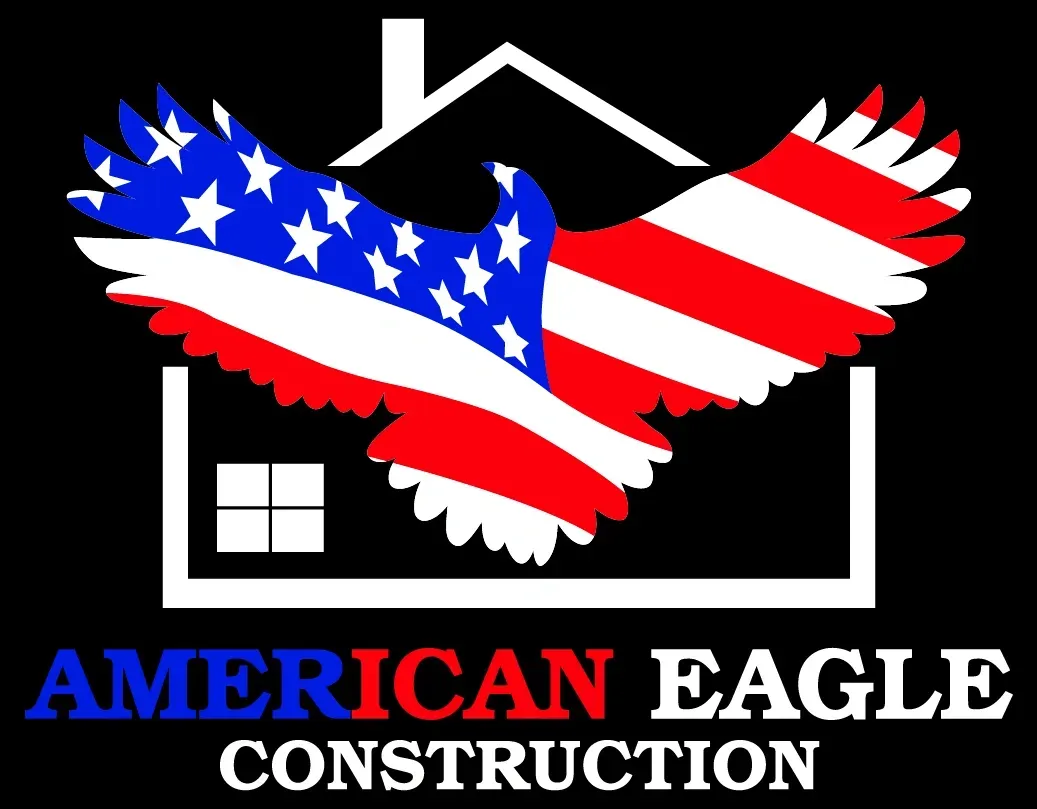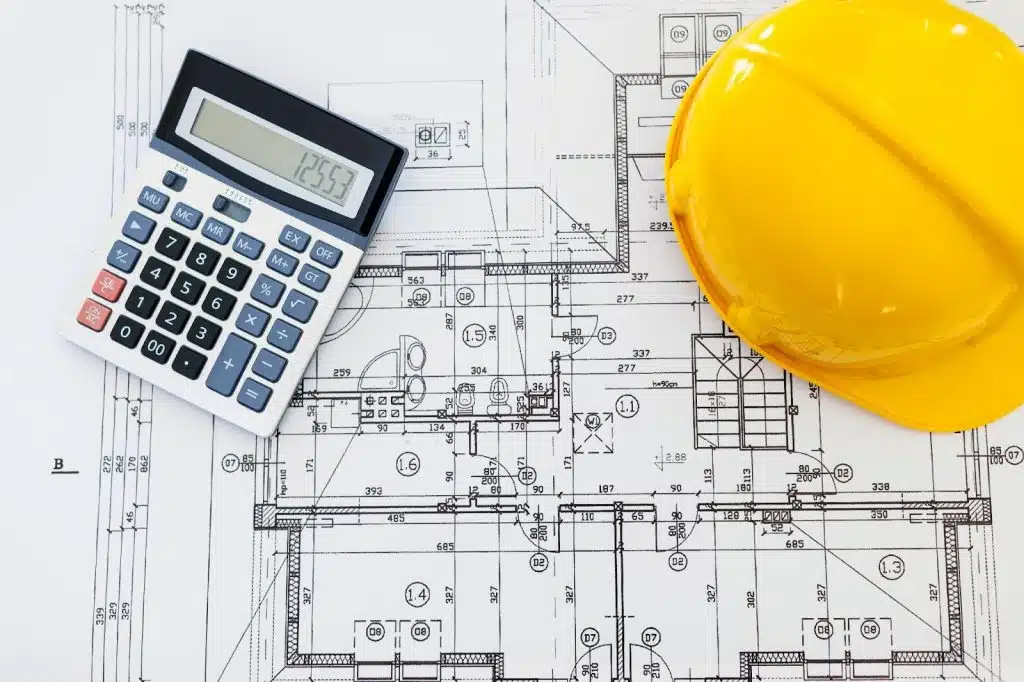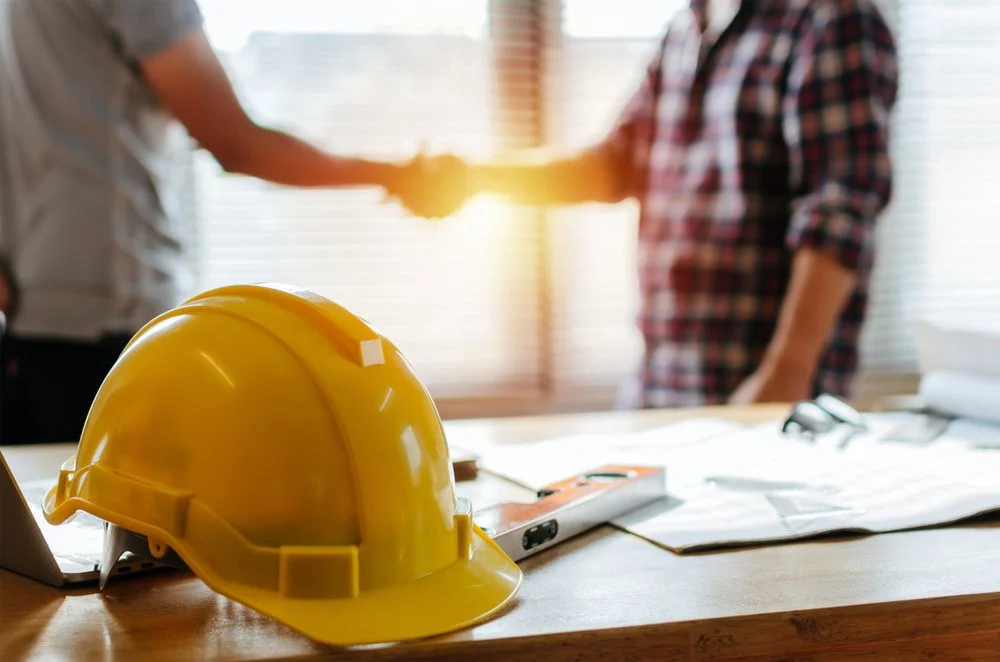
Do You Need a License to Rent Heavy Equipment? Find Out Here
Do You Need a License to Rent Heavy Equipment? Unlock the Secrets to Safe and Successful Renting
In the world of construction and large-scale projects, heavy equipment is the backbone of efficient and effective workflow. From towering cranes to earth-moving bulldozers, these powerful tools enable contractors and property owners to turn ambitious visions into reality. However, with great power comes great responsibility. A question that often arises is: do you need a license to rent heavy equipment? The answer isn’t straightforward, but understanding the nuances can significantly impact safety, legal compliance, and project success.
Before diving into the specifics of licensing, it’s critical to understand the broader legal landscape. In many states, ownership and operation of heavy machinery are subject to strict regulations designed to protect workers, the environment, and the general public. These regulations extend to renting equipment, especially when it involves operators or contractors who may need to meet certain licensing standards.
Generally, local, state, and federal agencies set the frameworks that determine whether licenses or certifications are required for renting or operating heavy equipment. Often, the requirement hinges on whether you're renting equipment for personal use, commercial projects, or as a part of a contracting business.
While the question focuses on the rental aspect, it’s equally important to know about the operators. In most regions, individuals operating heavy machinery—such as cranes, bulldozers, and excavators—must possess a valid operator’s license or certification issued by relevant authorities. The key point here is that while renting equipment may not always demand a specific license from the rental company, the operator’s qualifications are non-negotiable.
For example, in states like New York and New Jersey, certification programs ensure operators are trained to handle complex machinery safely. This guarantees that only qualified individuals operate the equipment, minimizing accidents and legal liabilities.
Most reputable rental companies implement their own licensing and certification policies to maintain safety standards and legal compliance. Generally, such companies will:
- Require proof of operator certification or licensing
- Ensure that users have adequate experience or training
- Specify insurance requirements to cover potential damages or accidents
In cases where rentals involve specialized machinery or high-risk operations, rental companies might restrict usage to licensed operators only. It’s crucial to clarify these requirements beforehand to avoid compliance issues during the project.
Choosing to rent or operate heavy equipment without the necessary licensing can lead to severe consequences, including:
- Legal penalties — Fines, sanctions, or even criminal charges for violations of safety laws
- Liability issues — Increased liability in case of accidents or damages
- Insurance complications — Insurance providers may deny claims if proper licensing or certification isn’t documented
- Project delays and increased costs — Legal issues or accidents can halt progress and inflate budgets
To mitigate these risks, partnering with licensed rental companies and ensuring that your operators are certified is vital for a successful project execution.
Here are actionable steps to ensure you’re adhering to all licensing requirements:
- Verify certification and licenses — Confirm that operators possess valid certifications recognized by applicable authorities.
- Choose reputable rental companies — Select suppliers known for compliance and safety practices, such as small architecture firms or larger industry leaders.
- Understand local regulations — Investigate specific licensing laws in your state or region, whether it’s New York, New Jersey, or elsewhere.
- Implement safety protocols — Enforce safety training and operational standards for everyone involved.
- Document everything — Keep thorough records of licenses, certifications, and safety training to demonstrate compliance.
Yes. Different machinery has different licensing requirements depending on complexity, risk, and operational scope. For example:
- Crane operation — Often requires specialized certifications beyond general machinery licensure, such as OSHA crane operator licensing.
- Excavators and bulldozers — Typically require a general commercial driver’s license (CDL) combined with equipment-specific training.
- Aerial lifts and boom lifts — Typically mandated to have operator certification issued by recognized safety organizations.
Knowing the distinctions helps you plan your project more effectively and ensures legal compliance and safety adherence.
Numerous organizations and government agencies provide training programs and resources, including:
- Occupational Safety and Health Administration (OSHA)
- State department of labor or safety agencies
- Private training providers specializing in heavy equipment operation
By investing in proper training, you elevate safety standards and align your project with legal requirements, making it more efficient and less risky.
While overarching safety standards are consistent nationwide, licensing laws vary significantly from state to state. For instance, in New York, certain machinery operators must obtain specific licenses, while in New Jersey, certification standards may be different.
To avoid legal pitfalls, consult local regulations or work with professionals familiar with regional licensing mandates. It’s an essential step that can prevent costly delays or legal issues down the line.
Partnering with experienced professionals can simplify the licensing and safety compliance process. For example, collaborating with architect firms in New Jersey or New York can offer valuable insights into local regulations and best practices. These collaborations often involve:
- Consulting on licensing requirements
- Designing safe operational procedures
- Ensuring that all team members meet necessary certifications
Ensuring your team’s qualifications and your rental arrangements align with legal standards will lead to smoother project execution and better safety outcomes.
If you own the equipment and plan to operate it yourself, licensing requirements depend heavily on regional law. In some areas, owning the equipment might exempt you from certain licensing, but operating it often still requires certification. Always verify with local authorities to ensure compliance and avoid penalties.
Selecting a reputable rental company is crucial. Look for:
- Compliance with licensing and safety standards
- Transparent rental policies and clear contractual terms
- Availability of operator training and certification verification
- Positive reviews and industry reputation
Engaging with companies that prioritize safety and legal compliance ensures your project stays on track and avoids unexpected legal hurdles.
While the act of renting heavy equipment itself may not always require a license, the operation unquestionably does. Ensuring that operators are certified, partnering with licensed rental companies, and understanding regional regulations are all fundamental steps in executing a safe and successful project.
At American Eagle Construction, safety, compliance, and quality are at the core of everything we do. Whether you're embarking on a residential build or large commercial project, understanding the licensing landscape will empower you to make informed decisions that protect your investment and everyone involved.
For expert guidance tailored to your specific region and project needs, consider consulting with industry professionals familiar with custom home architects in Yonkers, New York, or working with regional specialists who understand the nuances of local regulations.
Generally, personal use of heavy equipment does not require a license, but operation still must adhere to safety standards. Always verify local regulations to stay compliant.
Operators should possess recognized certifications such as OSHA training, specialized licenses for crane operation, or state-issued operator cards, depending on the machinery used.
Yes, but operational requirements still apply. If you personally operate the equipment, ensure you meet all licensing or certification standards mandated by local authorities.
Request documentation of their licensing, certifications, and safety standards. Reputable companies will gladly provide proof of compliance and safety records.
Regularly consult local regulatory agencies’ websites, subscribe to industry newsletters, and work with professionals who stay current on legal requirements.
Understanding the answer to do you need a license to rent heavy equipment is vital for maintaining safety, legal compliance, and project success. By taking proactive steps, partnering with qualified professionals, and staying informed, you can unlock the secrets to safe and successful equipment rental, paving the way for your project’s triumph.














